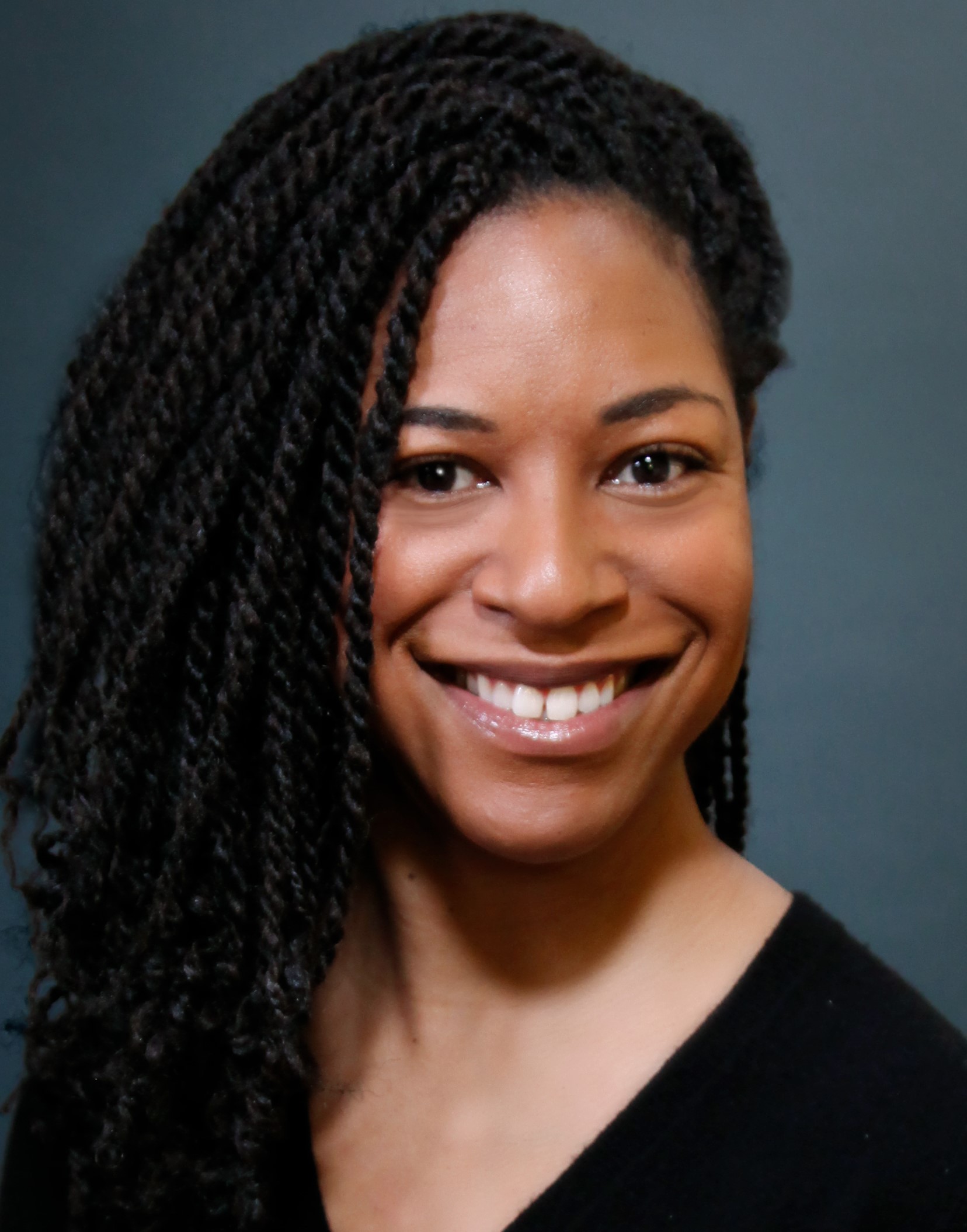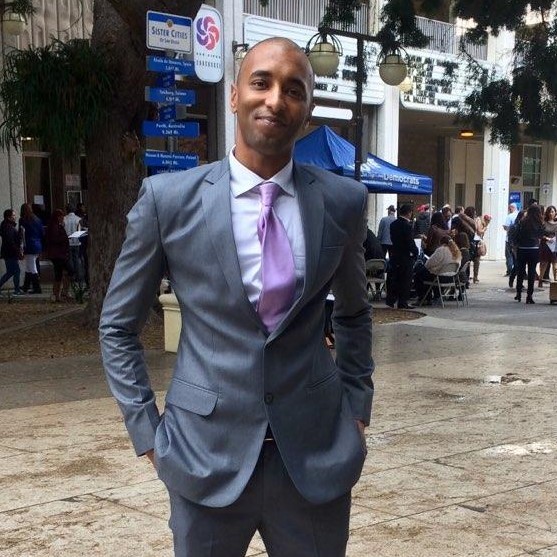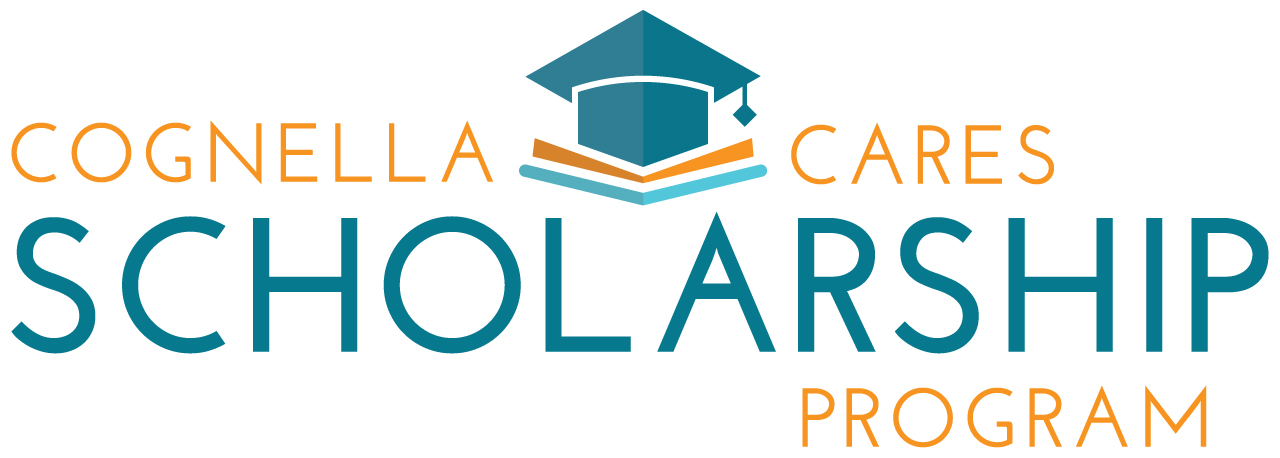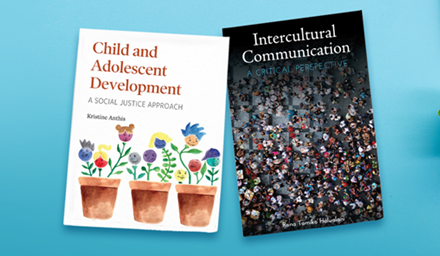Welcome to the Cognella Corner archive! Here you will found all of the articles previously included in the monthly issues of our publishing newsletter.
June 2021
Six Essential Elements of an Effective Textbook Proposal
A well-crafted textbook proposal can catapult your book idea into a full-fledged project. So, how do you catch the attention of an acquisitions editor or academic publisher, and what exactly should you include in your proposal?
While every academic publisher will have their own requirements and guidelines for submissions, these critical elements will help you pitch your book ideas to nearly any publisher.
Why Summer Break Can Be a Great Time to Work on Your Manuscript
For many educators, the period of time between the end of the Spring term and the start of the Fall term represents a unique window for creativity and productivity. If you’re interested in writing or editing a textbook, summer break can be a perfect time for ideation, organization, and drafting.
During the summer, you can often dedicate more time and focus to a writing project. With fewer teaching responsibilities, it can be easier to create a consistent writing schedule – and stick to it. You’re likely to progress more quickly with your textbook project, and this writing sprint can keep you motivated and driven.
Five Unique Ways to Organize an Anthology or Custom Course Pack
When creating an anthology or a custom course pack, organization is key. A thoughtful and strategic structure can transform a simple collection of readings into a cohesive and refined learning resource. Additionally, the process of selecting readings and content will be that much easier if you’ve first strategized how the content will be grouped or organized.
A classic approach to organizing your content is by topic. If your readings can be clearly and cleanly divided into topical areas, this is a straightforward way to organize an anthology or course pack. However, it’s not the only way to add structure to your materials.
Cognella Author Spotlight: Stephanie Hicks
What are your main areas of research or professional expertise?
My areas of expertise include intergroup dialogue, social justice education, and diversity, equity, inclusion, and justice in higher education.
What personal or professional experiences have shaped your current approach to teaching, or the focus of your research?
The courses I’ve taught—Intergroup Dialogues (IGD), Training Processes in Intergroup Dialogue Facilitation, and Practicum in Intergroup Dialogue Facilitation—have had a distinct impact on my professional research.
A Lesson in Licensing: What is the Public Domain?
The public domain refers to creative works that are no longer under copyright or trademark protection and are free for individuals and organizations to use. These works are not owned by an individual author or artist and are instead considered public works. Individuals are allowed to use works within the public domain without obtaining permission, but no one can ever own them.
In the world of academic publishing, this means that authors can include works that are within the public domain in their textbooks without paying a copyright fee or asking for permission to reprint the material.
April 2021
A Lesson in Licensing: Understanding Fair Use
By definition, fair use is “a doctrine in the law of the United States that permits limited use of copyright material without having to first acquire permission from the copyright holder.” This allows certain material to be quoted verbatim for specific purposes such as criticism, news reporting, teaching, and research, without the need for permission from or payment to the rightsholder. Essentially, if the use of material is deemed fair use, there is little to no risk of copyright infringement.
So, what does this have to do with publishing an academic textbook?
To Build or Not to Build: When to Create an Author Website
“Should I create a website to promote my textbook?” This is a question we often hear from authors after their book has launched on the national market. And the answer is: maybe.
If your sole motivation for creating a website is marketing your textbook, the effort may be greater than the reward. You will likely have marketing webpages created either by your publisher or third-party distributors (such as Amazon, VitalSource, etc.) where the details about your book and the ability to purchase it will be readily available. To avoid redundancy, if you create a website, it should significantly expand beyond this baseline information.
Cognella Author Spotlight: Dr. Priscilla Dass-Brailsford
What personal or professional experiences have shaped your current approach to teaching, or the focus of your research?
I grew up in South Africa, a country with a history of apartheid and the oppression of Black people. Political trauma was an everyday occurrence, so very early in my life I was drawn to resolving the ravages that trauma inflicts. Conducting research to understand the stressors and coping mechanisms of stigmatized and marginalized populations was an inherent part of my professional calling. I was fortunate to become involved with several well-known trauma programs in Boston, Massachusetts, that launched my career as a trauma psychologist.
Why You Should Write a Textbook by Mazin Hassan
Writing a textbook is something every higher education instructor should consider for their regularly taught courses. Having worked with many professors on new titles, I am in a privileged position to witness time and again the immediate impact that a well-designed resource has on student and instructor satisfaction. I speak with professors daily to get them to see the light and publish new textbooks to address issues with their current text. After four years of conversations with professors about publishing, I’ve found myself making the same set of points in my advocacy: it’s not as hard as you think, the control over student learning is unparalleled, and it will save you time (and your sanity!) in the long run.
Three Students Awarded with Academic Scholarships by Cognella
The Cognella Cares Student Scholarship Program recognizes students’ thought leadership on contemporary issues
Cognella recently announced the Spring 2021 winners of the Cognella Cares Student Scholarship Program: Kelly Basil of Eastern Kentucky University, Ismihan Almasa Uddin of the University of Illinois at Chicago, and John Mesaros of Marist College.
The Cognella Cares Student Scholarship Program was established in 2018 and provides students with a platform to speak on current issues that matter to them, highlight experiences that are unique to higher education, and share ideas that can inspire social, political, and intellectual change.
March 2021
Staying on Track: Setting Realistic Writing Goals and Sticking with Them
The key to any writing project is creating practical goals, setting writing deadlines, and working hard to meet them. We’ve compiled a list of tips from Cognella signing and project editors to help authors reduce stress, embrace strategic productivity, and stay on track.
Rather than trying to set one overarching deadline for your full manuscript draft, it’s helpful to set shorter-term deadlines, too. Establish your goal date for your full manuscript to be completed and then work backward. For example, you could have a goal to draft a chapter or section a month leading up to your full manuscript due date. You could set a goal to finish 25% of your manuscript in two months, another 25% in another two months, and so on. You could set weekly goals to write about specific topics within a larger chapter or section. Achieving small goals and meeting deadlines consistently can help you stay motivated and avoid burnout. Remember to recognize and celebrate little victories throughout the writing process.
Creating Connection: Tips to Promote Your Textbook on Social Media
Social media can be an extremely powerful marketing tool for your book, but only if you leverage it wisely and approach it with a strategic plan. Whether you’re using Facebook, Twitter, LinkedIn, Instagram, or other platforms, here are some universal tips to help you cultivate an audience, provide followers with valuable information, market your textbook, and have a little fun along the way.
First, embrace the “social” in social media. The power of social media resides in its reach. It’s not enough to create a social media account and post some content. You need that content to be seen, and it won’t be seen if you don’t first cultivate an audience.
Cognella Author Spotlight: Faye Z. Belgrave, Trenette Clark Goings, and Heather Jones
What are your main areas of research or professional expertise?
Faye Belgrave: My areas of research and programmatic activities fall in three broad areas: (1) health equity; (2) equity, inclusion, and diversity, and social justice; and 3) African American psychology. As the founding director of the Center for Cultural Experiences and Prevention, I work collaboratively with community organizations to promote health and well-being within the local community, particularly for African American youth and families.
Two Cognella Titles Receive Awards from the Textbook & Academic Authors Association
Child and Adolescent Development: A Social Justice Approach has received a 2021 Most Promising New Textbook Award, and Intercultural Communication: A Critical Perspective has received a 2021 Textbook Excellence Award from the Textbook & Academic Authors Association (TAA).
Child and Adolescent Development, authored by Kristine Anthis, is one of ten textbooks to earn a Most Promising New Textbook Award. The award recognizes excellence in first edition textbooks and learning materials. Works are judged by textbook authors and subject matter experts for their merits in four main areas: pedagogy, content/scholarship, writing, and appearance and design.
February 2021
Lights, Camera, Action! Creating a Promotional Video for Your Textbook
Creating video content to promote your textbook is a great way to engage with potential adopters and readers in a highly personalized way. Your passion, expertise, and experience with teaching can come through on film. You can communicate with your peers in a way that makes the ultimate impact. And with everyone more comfortable online than ever before due to the COVID-19 pandemic, the accessibility of the content and the attentiveness of potential viewers is greater than in years past.
Whether you’re a novice with video or you have experience creating this type of content, here are some best practices to ensure your video is effective, informative, and enjoyable:
What’s in a Name? Crafting an Effective Title for a Textbook
As you get started on a textbook project, you’ll likely use a working title. Often, this title will be highly generic in nature and may even echo the name of the course for which the text will be used. While you’re developing your content and working toward achieving your writing goals, a working title is more than sufficient.
However, as your book takes shape and you move closer to launch, a critical step in the pre-publication process is crafting an effective title for your book.
Cognella Author Spotlight: Eric R. Jackson
What inspires you to teach?
Why do I teach? Teaching is my calling, a calling rooted in love, passion, and imagination. As a teacher at the college level for over twenty-eight years, I see no end to improvement, no arrival, and no completion. I want to continue to be that teacher who, although being in the classroom for decades, still leaves each class session asking how the next time I teach that particular topic or subject, to better engage and inspire my students.
6 Signs You’re Ready to Write or Edit a Textbook
There are a variety of reasons a professor may be inspired to write or edit a textbook for their students and the greater academic market. Here are six signs that indicate you might be ready to pursue a textbook project.
- You’ve taught your course long enough to understand what is readily available in the academic textbook market and what might be missing: cutting-edge research, contemporary perspectives, meaningful pedagogy, coverage of new topics, etc. Filling a gap in the market or satisfying a particular need within curricula is a common motivation for many authors and editors to publish a new textbook.
Introducing the Cognella Authors Spotlight Series
At Cognella, we’re proud to work with passionate authors who leverage their innovative ideas, distinct perspectives, original voices, and individual areas of expertise to create truly unique learning materials. We work with some incredible scholars, and we’re excited to introduce them to you through the Cognella Author Spotlight Series!
The idea for this series was borne out of the emotional and energizing conversations we had, as individuals and a company, in the summer of 2020 after the senseless murders of George Floyd, Ahmaud Arbery, and Breonna Taylor, as well as other acts of violence and division due to racism and inequity in our country.
Inaugural Edition
Readings, Readings Everywhere: The Importance of Framing Articles with Pedagogical Elements in an Anthology
A well-crafted anthology is an opportunity to expose students to a variety of viewpoints, voices, and sources of information. With an assortment of readings at their fingertips, students can exercise their critical thinking skills, participate in scholarly reflection, learn new information, and expand their worldviews.
A vital step in publishing an effective anthology is framing your selected readings, articles, chapters, and cases with pedagogical elements that provide students with necessary context, aid in their retention of the material, and ensure the learning objectives for a course are recognized and met.
Getting It Right Before You Write: Pre-Writing Strategies for Success
Let’s set the scene: You have an incredible idea for a textbook taking shape in your head, you’ve signed a publishing contract with an academic publisher, and your laptop is fully charged. Which means you’re ready to dive in and start writing your textbook, right?
You could do this, but diving right in might result in unneeded frustration and barriers to your creative process. If you invest in a few key pre-writing strategies, you’ll find your writing experience to be more organized, more cohesive, and more likely to meet the goals of your publication. Here are a few pre-writing strategies to ensure you’re prepared to tackle your project.
Cognella Author Spotlight: Kimberly Finney and Terence Fitzgerald
What inspired you to write The Reality of Diversity, Gender, and Skin Color: From Living Room to Classroom?
Kimberly Finney: My inspiration: I noticed that whenever the topic of diversity was on the agenda, body positions of my colleagues would change and little was said on the topic. Moreover, it was difficult for this topic to be discussed, be it classrooms, training sessions, or boardrooms. So I became curious and began to investigate why. I also noticed that most books on this topic did not contain personal narratives. I believe narratives provide a launching pad to discuss the impact of the “isms” on wellness.
Getting the Word Out: Creative Ways to Promote Your Textbook
You’ve done it! Your textbook has gone to press and is enjoying a national release. Now, it’s time to get the word out.
Effective marketing for academic publishing is unique in that your target audience isn’t necessarily your end consumer. Though a student will hopefully hold your book in their hands and use it in a course one day, you must first prove the merit of the book to instructors who can then choose to adopt your book for their courses. To do this successfully, it takes a little creativity and a lot of networking.

























